Politics and Government: Immigration
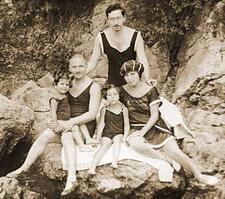
Gisi Fleischmann
Gisi Fleischmann was a steadfast and brave fighter in the underground resistance to Nazism during World War II. Many times, she refused to escape Slovakia to safety and instead chose to stay and fight for her people to the bitter end.
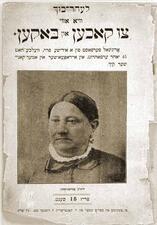
Food in the United States
Food and foodways are a critically important area of documenting and deciphering the evolving experience of American Jewish women from the earliest days of immigration to the present. Food is a lens into American Jewish women’s worlds of family, religion, identity, work, political action, entrepreneurship, and more as they have encountered the forces of assimilation, anti-Semitism, systemic racism, sexism, changing consumer economies, and the long women’s movement.

Recha Freier
German-born Recha Freier founded Youth Aliyah in 1933, which assisted in sending Jewish European teenagers to Palestine prior to World War II to be trained as agricultural pioneers on kibbutzim. Although she was responsible for saving the lives of many thousands of Jewish youth, Freier’s efforts were not officially acknowledged until 1975, when she was eighty-three years old.

Barbara Gaffin
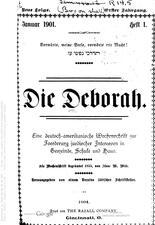
German Immigrant Period in the United States
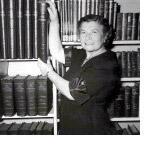
Fanny Goldstein
Librarian, social activist, and founder of National Jewish Book Week, Fanny Goldstein helped institutionalize national pride in ethnic and immigrant backgrounds through her work in libraries and settlement houses, and in her lectures and writing.

Shannie Goldstein
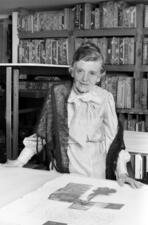
Tatyana Grosman
Tatyana Grosman nurtured an entire generation of printmakers and raised printmaking in the United States to the status of major fine art. Universal Limited Art Editions, which she founded in 1957, published prints by many major American artists, and launched collaborative endeavors between artists and writers. Much of the press’s work was acquired by the Metropolitan Museum of Art.
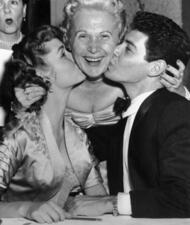
Jennie Grossinger
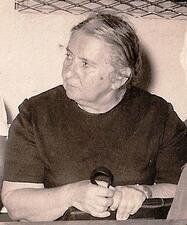
Rivka Guber
Through her work as a soldier, writer, teacher, and volunteer supporting immigrants, Rivka Guber exhibited selflessness for her neighbors and for the young State of Israel as a whole, earning her the title “Mother of the Sons” and the respect of the nation.
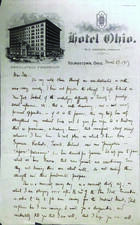
Ida Espen Guggenheimer
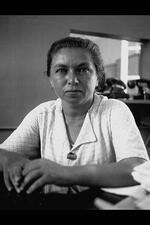
Bracha Habas
Bracha Habas was an educator and one of the first professional women journalists in Erez Israel. She was a member of Davar’s editorial board and the co-founder of its children’s newspaper, Davar le-Yeladim. Enumerating on Habas’s 48 publications, Rahel Adir described her as “the recorder of Yishuv history.”
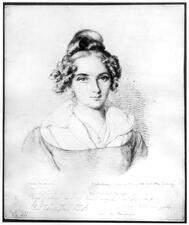
Habsburg Monarchy: Nineteenth to Twentieth Centuries
Jewish women in the Habsburg Monarchy experienced the stresses and strains of nineteenth- and twentieth-century Jewish life as Jews, as women of their particular social classes, and as inhabitants of the different regions of the Monarchy. In some regions, they modernized and acculturated, but the overwhelming majority remained deeply pious, traditional Jews.
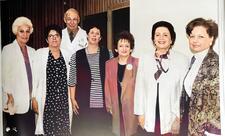
Hadassah: Yishuv to the Present Day
Hadassah, the Women’s Zionist Organization of America (HWZOA) has a lengthy history of activity in the Yishuv and Israel, going back to 1913, about a year after it was founded in New York, and continuing to this day. This activity, outstanding in its scope, continuity, stability, and diversity, encompasses efforts in the sphere of health and medical services and in the welfare of children and youth.
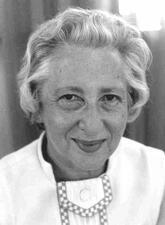
Zena Harman
Zena Harman, diplomat, parliamentarian and social innovator, helped lay the foundation for Israel's advanced network of social services, became one of Israel's foremost diplomats in Israel's formative years, and helped to establish a series of civil society organizations concerned with protecting children's rights, empowering women, and promoting greater civic engagement in public life in Israel.
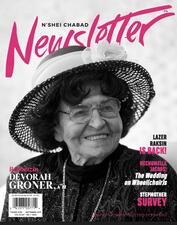
Hasidic Women in the United States
![Hauser, Rita - still image [media] Hauser, Rita - still image [media]](/sites/default/files/styles/gallery_item/public/mediaobjects/Hauser-Rita.jpg?itok=5eVnMOLV)
Rita Eleanor Hauser
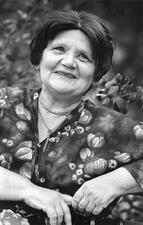
Hebrew Song, 1880-2020
Hebrew song as a whole, including songs of Erez Israel and the State of Israel, is a unique socio-cultural phenomenon that has developed over time. The dawning of Hebrew song can be traced to the period between 1880 and 1903, and it has grown to reflect the diverse aspects of Israeli society since then. The contribution of women to Hebrew songs, in general, has risen steadily over the years.
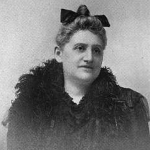
Lina Frank Hecht
Florence Heller
An important benefactress of Brandeis University, Florence Grunsfeld Heller made her mark as one of the first women to run a general Jewish organization, the Jewish Welfare Board. She also founded the Florence Heller Graduate School for Advanced Studies in Social Welfare at Brandeis in 1959.
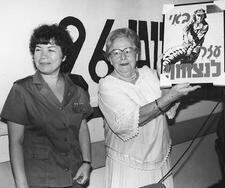
Esther Herlitz
Esther Herlitz was a feminist trailblazer in Israeli politics and diplomacy. She was the first official female Israeli ambassador, among six female Labor Party members who served in the eighth and ninth Knessets, and the first woman to serve on the Committee for Foreign Affairs and Defense. She also helped formulate and ensure the passage of a liberal abortion law in 1977.
Bertha Beitman Herzog
Bertha Beitman Herzog was an active participant in local and national women’s associations in Cleveland, Ohio. From 1928 to 1930, Herzog served as the first woman president of the Jewish Welfare Federation (later the Jewish Community Federation) in Cleveland, and she received the Charles Eisenmann Award for outstanding community service in 1941.
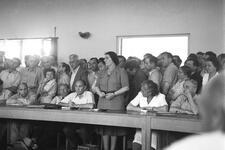
Histadrut
Histadrut (the General Federation of Workers) was founded in 1920 to bring together Jewish workers who had recently arrived in Palestine. Though the organization proclaimed equal treatment and opportunities for women and men workers, the reality was not so simple.
Holocaust Survivors: Rescue and Resettlement in the United States
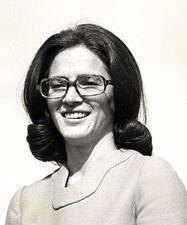
Elizabeth Holtzman
Elizabeth Holtzman pursued a public career epitomizing some of the most important trends in postwar American and Jewish life. In her successive roles as a congresswoman, Brooklyn district attorney, comptroller of New York City, and political commentator, she emerged as an effective and activist public servant, a forceful campaigner, and a champion of liberal and feminist causes.


